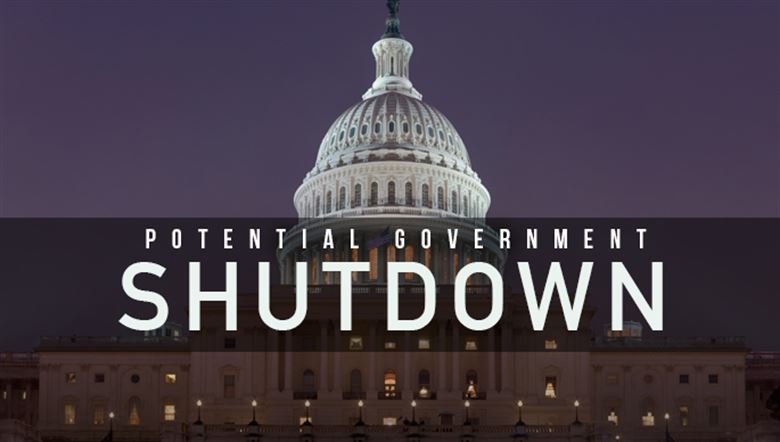Why Millennial Homeownership Is At A Record Low: What Real Estate Investors Should Know
Millennial homeownership is historically low. According to the most recent Census data, about 49% of millennials own homes. It's become a national pastime or running gag to blame the millennial generation for killing different industry types. Or they are chalking up the low millennial homeownership to avocado toast and overpriced pumpkin spiced lattes.
In this article, we give an overview of the struggles that millennials face. Also, we cover how you, as a real estate investor, can benefit from understanding their plight.
Millennial Homeownership Is Historically Low
Millennials want to own homes but can't afford the price tag. More than 75% of millennials still view homeownership as part of the American Dream. But, a growing number (more than 20%) believe they will never own a home and will be eternal renters.
Millennial homeownership is much lower than the rate of 26-41-year-olds of the past. There are reasons beyond any person's control for that.
Several factors characterize the low rates of millennial homeownership:
- The average home price is over $330,000
- Surging inflation that is outpacing wage growth
- Rising mortgage rates
All these factors combined are squeezing millennials as they enter the financial prime of their lives. But the issues are forcing many millennials to delay marriage, kids, and homeownership.
First-time home buyers are in a disadvantageous position; home prices are to the moon; mortgage rates are spiking. Low wages and debt make wealth generation more difficult. These realities form the perfect storm for low millennial homeownership rates.
America has become a much more difficult place to secure an affordable mortgage. "First homes" (single-family homes, even multis under $250,000) make up less of the market than ever before.
After the 2008 crash, real estate investors scooped up hot deals on all kinds of properties, enjoying a single-family budget property free-for-all. By now, most investors have upgraded these homes, upsold them, or maintained them to be competitive in today's market.
That means the homes are worth more than appreciation alone. Yet, it's the same asset investors got cheap after the crash. Millennial tenants are now more likely to become lifelong tenants instead of purchasing their own homes. It's bleeding down into Generation Z too. They're the generation with the most people in crisis. As a whole, they're the generation struggling to transition from renters to buyers.
Yesteryear's Stats Don't Apply to Millennials: What REIs Need to Know About This Population
Even assuming 18-35 years olds are still the "homebuying age group" is foolish and inaccurate. Ask any 18-year-old how likely they are to own a home soon. Seriously. Any college student, even. The American Dream of homeownership isn't dead, but it's on life support.
Millennials faced a different world:
- skyrocketing education costs and student debt coming out of college
- a workforce that doesn't value their labor the way generations past could count on
- lack of benefits or secure employment (gig economies and independent contracting are still on the rise)
- multiple "once-in-a-lifetime" economic downturns
- astronomical and rising rental rates
These factors present difficulties and challenges that prevent millennial homeownership.
Renting is often tricky. Millennials are more likely to move in with their parents than any other generation. Many in their 20s and 30s move home under financial duress, while others lack that option and live with housing insecurity.
These problems are natural barriers to home ownership. We haven't even delved into this generation's many cultural crises. Everything from later marriage age to the ongoing opioid crisis that continues to rage through mid-2019 can affect how this population rents and buys.
Why Millennial Homeownership Trends Matter for Real Estate Investors
Most investors count Millennials among their tenants or desired demographic. Single-family investors and those starter homeowners can stand to benefit in a seller's market. While the housing market has cooled somewhat, there are still ways to benefit from understanding your tenants.
Millennials as tenants
As millennials learn that homeownership is just one path to building wealth, their preference for renting may align with your investment goals. Attracting and keeping these tenants is essential.
You want consistent rental income, spend less time preparing a unit for rent, and avoid uncertainty with a new tenant. To keep your millennial tenants, consider:
- addressing maintenance quicky
- provide targeted amenities
- renovate and upgrade where it's financially feasible
In general, Millennials are well-educated and tech-driven. For them, home prices, supply chain issues, and low cash reserves have made renting a certainty for the foreseeable future. Typically, a well-educated, employed tenant is an ideal tenant for you to have.
Millennial homeownership as an exit strategy for you
Millennials want to buy a home. That desire may provide you with an exit strategy. It's not all doom and gloom. A NAR report from March 2022 shows that millennials make up 43% of home buyers. Instead of McMansions, they are looking for good deals on properties and efficient use of indoor and outdoor space.
If you have a property worth under $250,000, you're sitting on a high-demand property. Millennial buyers are competing, and investors can play fair while profiting.
Key Takeaways
Millennials sometimes turn to real estate investment to "escape" debt or employment barriers. Knowing this group's challenges helps you relate (or understand the real estate issues if you're a Millennial) to life and business. All real estate investors benefit from understanding their Millennial tenants, partners, and fellow investors' struggles.
Come strategize with us. Secure your financial future, and register for your FREE Royal Investing Group Mentoring Wednesdays at 12:30 pm EST!
 Millennials Set Record For Lowest Home Ownership
Millennials Set Record For Lowest Home Ownership